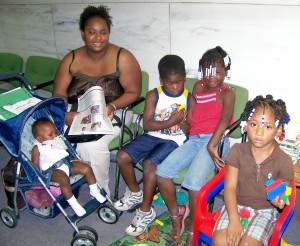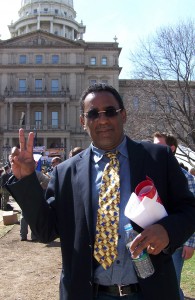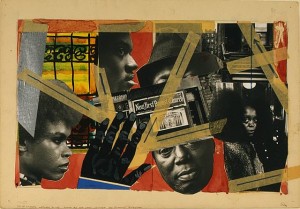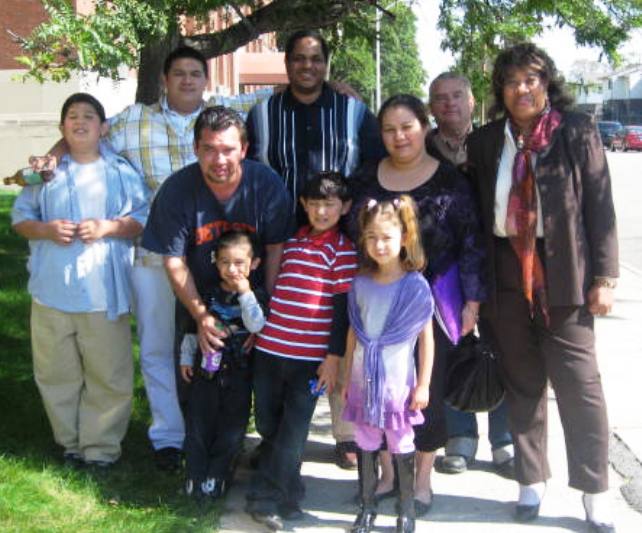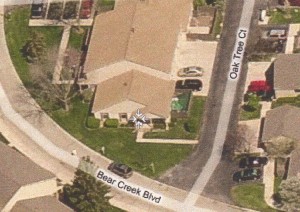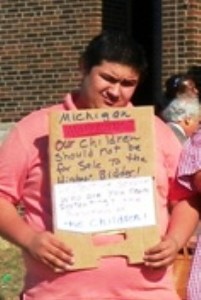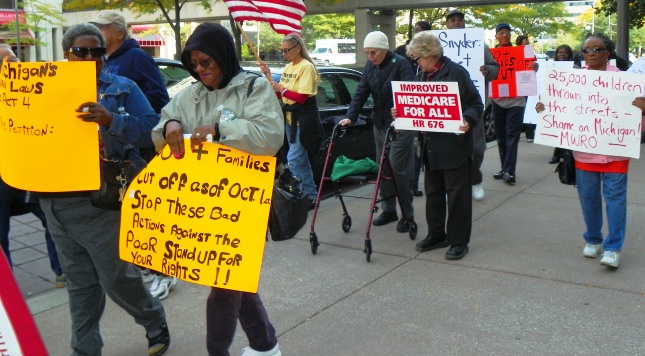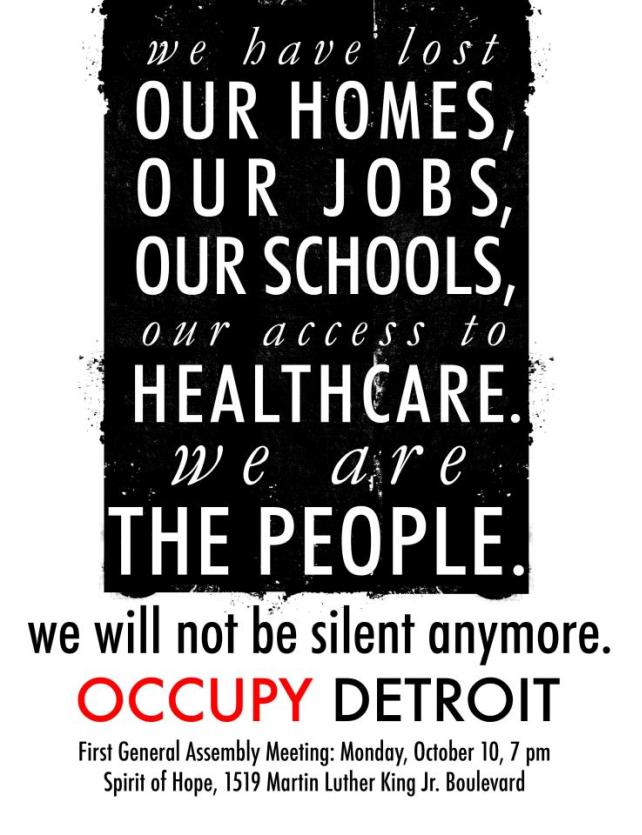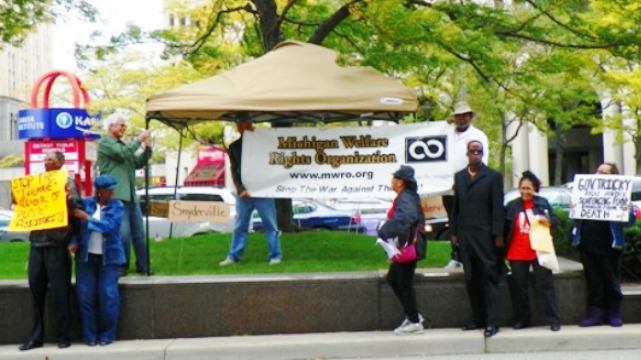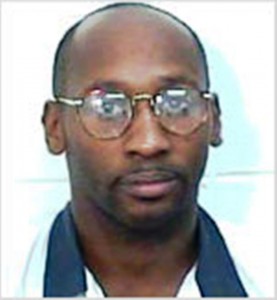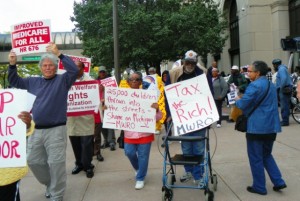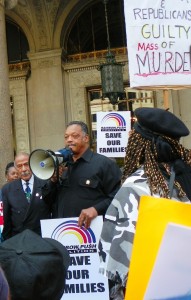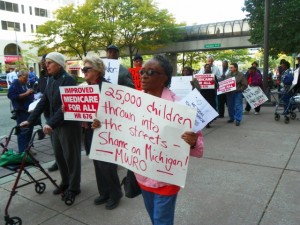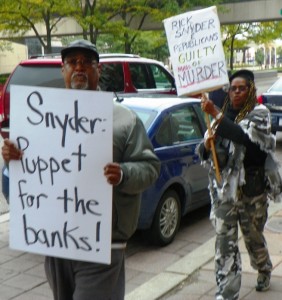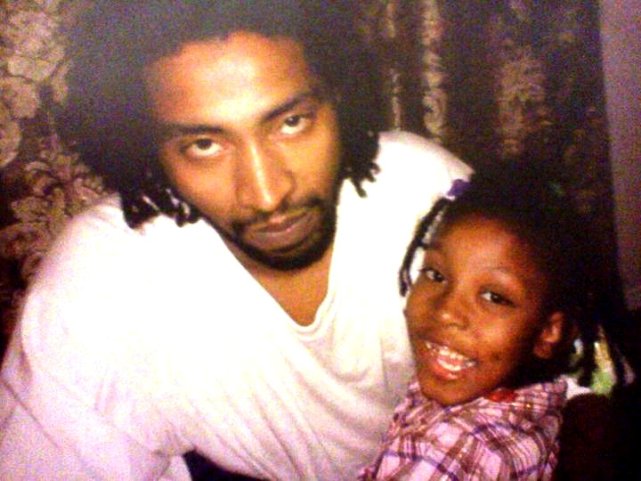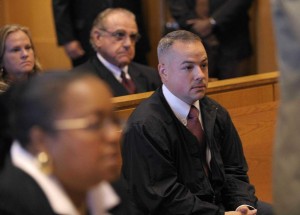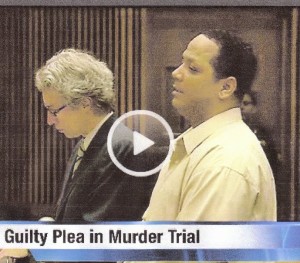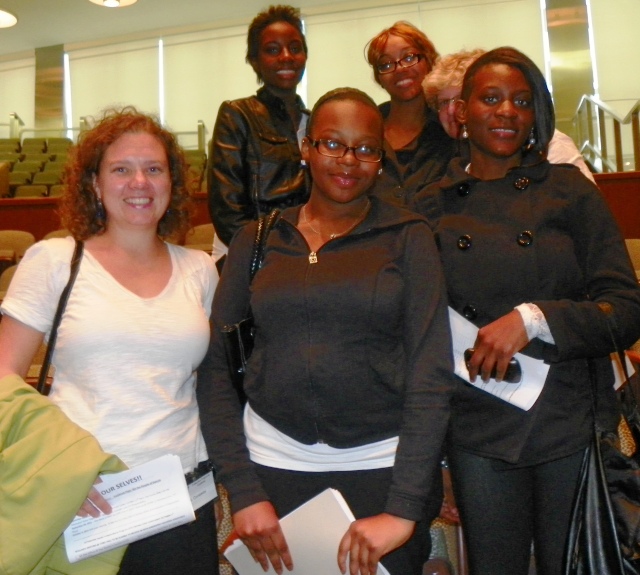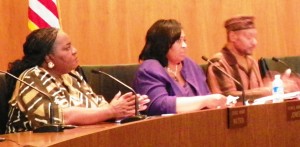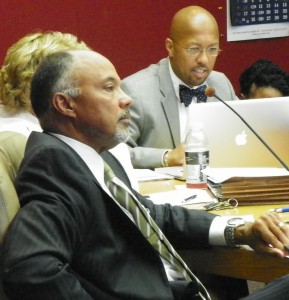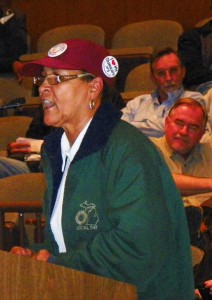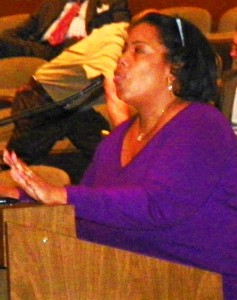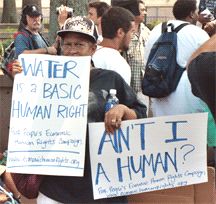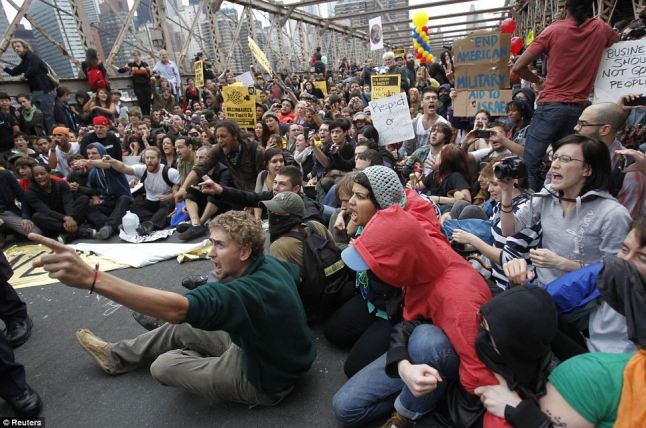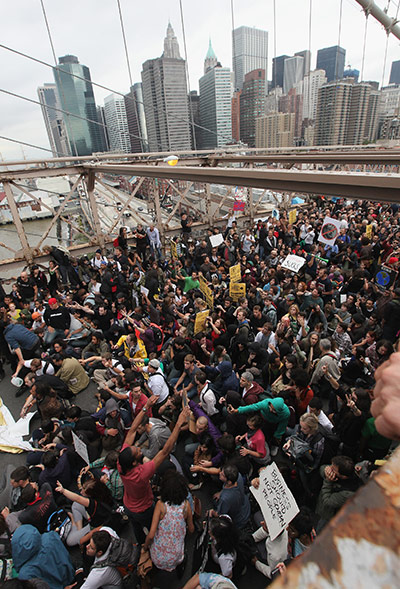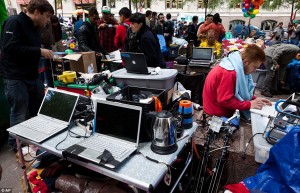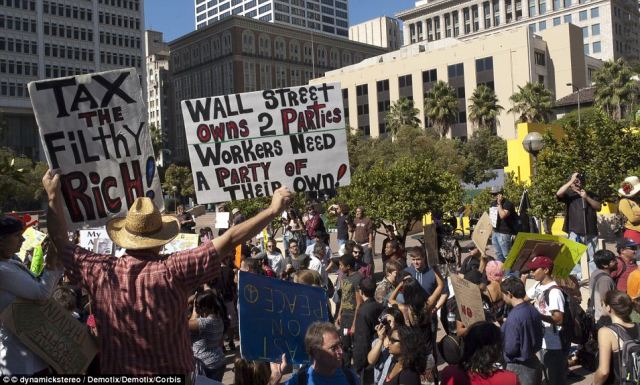
Families of SHU prisoners converged on Sacramento Oct. 5 to pressure the CDCR to implement the prisoners' five core demands.
October 4, 2011
Also earlier story Sept. 27: http://sfbayview.com/2011/california-prisoners-resume-hunger-strike-today/
Strikers’ families denied visits, attorneys banned
by Jay Donahue
Oakland – As the renewed prisoner hunger strike enters its second week, the federal receiver’s office released information that at least 12,000 prisoners were participating during the first week. Prisoners are continuing a hunger strike that they temporarily suspended in July.
Originating from Security Housing Units (SHUs) and Administrative Segregation Units (Ad-Seg and ASU) across California, prisoners held at Pelican Bay State Prison, Calipatria, Centinela, Corcoran, Ironwood, Kern Valley, North Kern, Salinas Valley, California Rehabilitation Center in Norco, Pleasant Valley State Prison, San Quentin as well as West Valley Detention Center in San Bernadino County are currently participating. Over 3,000 California prisoners held in out-of-state facilities in Arizona, Mississippi and Oklahoma have also refused food.
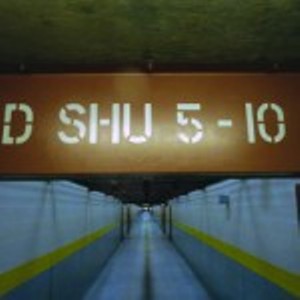
This corridor of the Pelican Bay SHU is the epicenter of the California prisoners' hungr strike; photo by Michael Montgomery, California Watch
“This is the largest prisoner strike of any kind in recent U.S. history,” says Ron Ahnen of California Prison Focus. “The fact that so many prisoners are participating highlights the extreme conditions in all of California’s prisons as well as the historic opportunity the state has been given to make substantial changes to SHU and Ad-Seg policies.”
Family members of striking SHU prisoners reported that their visits this weekend were denied by the California Department of Corrections and Rehabilitation (CDCR) citing security concerns. “A number of family members received notice that they were not going to be allowed to see their loved ones as long as the strike continues,” says Dolores Canales who has a son in the Pelican Bay SHU.
“Denying visits only heightens the isolation that the prisoners and family members experience, especially at this critical time.”
Advocates and lawyers have expressed concern that banning visits, along with other tactics including the possibility of violence on the part of CDCR are being used in attempt to break the strike.
“Historically, prison officials have used extreme measures, including physical violence to break strikes,” says Dorsey Nunn, executive director of Legal Services for Prisoners with Children and a member of the mediation team working on behalf of the strikers.
“As this peaceful protest continues, it’s essential for lawmakers and the media to monitor the actions of CDCR. The department should not be allowed to use underhanded methods to resolve the strike.” Late last week two of the mediation team’s lawyers were banned from CDCR facilities with the prison administration citing unnamed “security threats.”
The prisoners resumed their hunger strike on Sept. 26 after the CDCR failed to address demands made when prisoners initially went on strike for almost the entire month of July. They have also reported heightened levels of intimidation and retaliation from prison officials since July. Prisoners are demanding changes to long-term solitary confinement, gang validation and debriefing processes and other conditions in the state’s Security Housing Units as well as in other parts of the prison system.
Representatives of the hunger strikers have indicated that this may be a rolling strike, with prisoners coming on and off strike periodically, allowing for the possibility of a protracted struggle. Activists and family members internationally are planning protests in support of the hunger strikers in the coming weeks. For continued updates and more information, visit www.prisonerhungerstrikesolidarity.wordpress.com.
California Department of Corrections threatens prison hunger strikers, bans lawyers
by Jean Casella and James Ridgeway
In response to a renewed inmate hunger strike to protest conditions in the California prison system, the California Department of Corrections and Rehabilitation has taken a hard line, threatening participants with disciplinary action and banning two lawyers who represent the strikers. According to the Contra Costa Times: Continue reading






